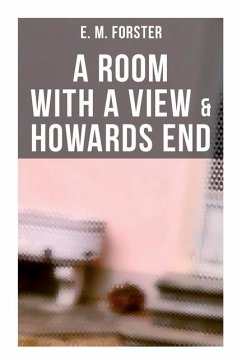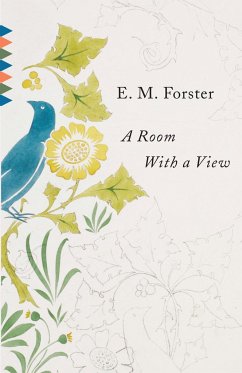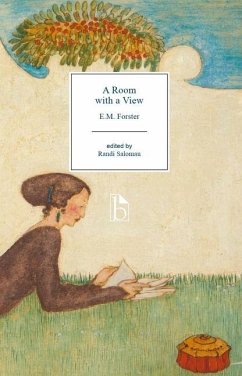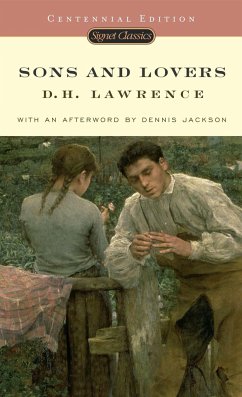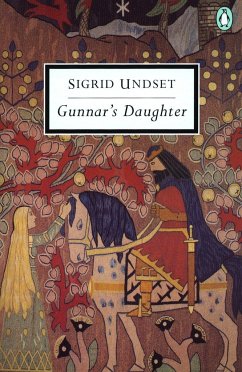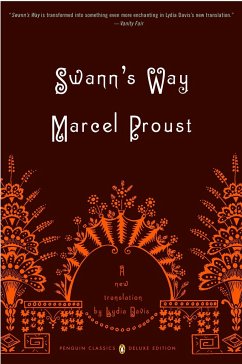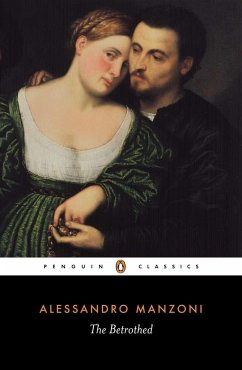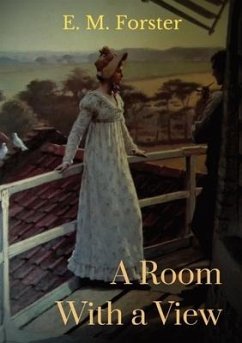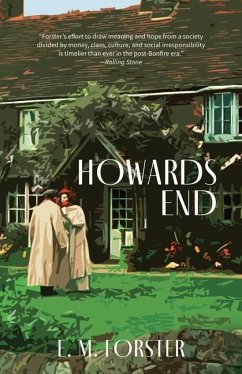
A Room with a View and Howards End
Versandkostenfrei!
Versandfertig in über 4 Wochen
8,49 €
inkl. MwSt.

PAYBACK Punkte
4 °P sammeln!
Wit and intelligence are the hallmarks of these two probing portraits of the English character written by E.M. Forster. Both are stories of extreme contrasts-in values, social class and cultural perspectives. Romantic relationships lead to conventional happiness in the delightful social comedy A Room with a View, and to unexpected scandal in the richer, deeply moving novel Howards End. Howards End, which rivals A Passage to India as Forster's greatest work, makes a country house in Hertfordshire the center and the symbol for what Lionel Trilling called a class war about who would inherit Engla...
Wit and intelligence are the hallmarks of these two probing portraits of the English character written by E.M. Forster. Both are stories of extreme contrasts-in values, social class and cultural perspectives. Romantic relationships lead to conventional happiness in the delightful social comedy A Room with a View, and to unexpected scandal in the richer, deeply moving novel Howards End. Howards End, which rivals A Passage to India as Forster's greatest work, makes a country house in Hertfordshire the center and the symbol for what Lionel Trilling called a class war about who would inherit England. Commerce clashes with culture, greed with gentility. A Room with a View brings home the stuffiness of upper-middle-class Edwardian society in a tremendously funny comedy that pairs a well-bred young lady with a lusty railway clerk and satirizes both the clergy and the English notion of respectability. Quintessentially British, these two novels have become twentieth-century classics. With an introduction and bibliography by Benjamin DeMott.



